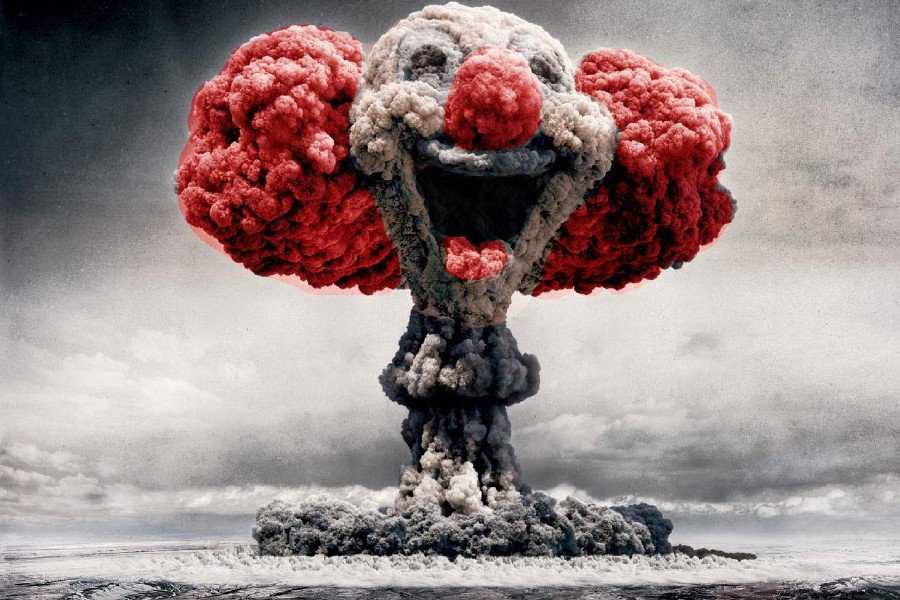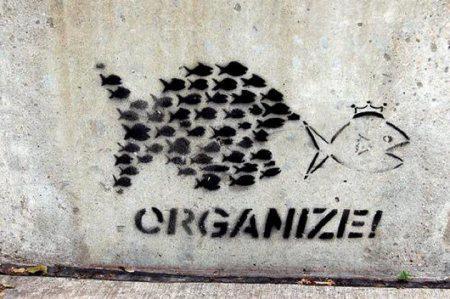Summary:
Content rating: Not for children or sensitive people; shocking
Literary value: Culturally relevant and well-written
Ethics: Depraved
Themes: Revenge, greed, lust for power and sex, war between sexes, apocalypse
I had trouble believing that men wouldn’t just wear Faraday cage suits and carry lightning rods. Seems like an easy fix.
I found it unrealistic how the book on one hand bought into
I think the main thing I learned from this book is the lengths some feminist writers will go to in order to prove a minor thesis such as “women are not more naturally nurturing than men.”
“I feel instinctively—and I hope you do, too—that a world run by men would be more kind, more gentle, more loving, and naturally nurturing.”




